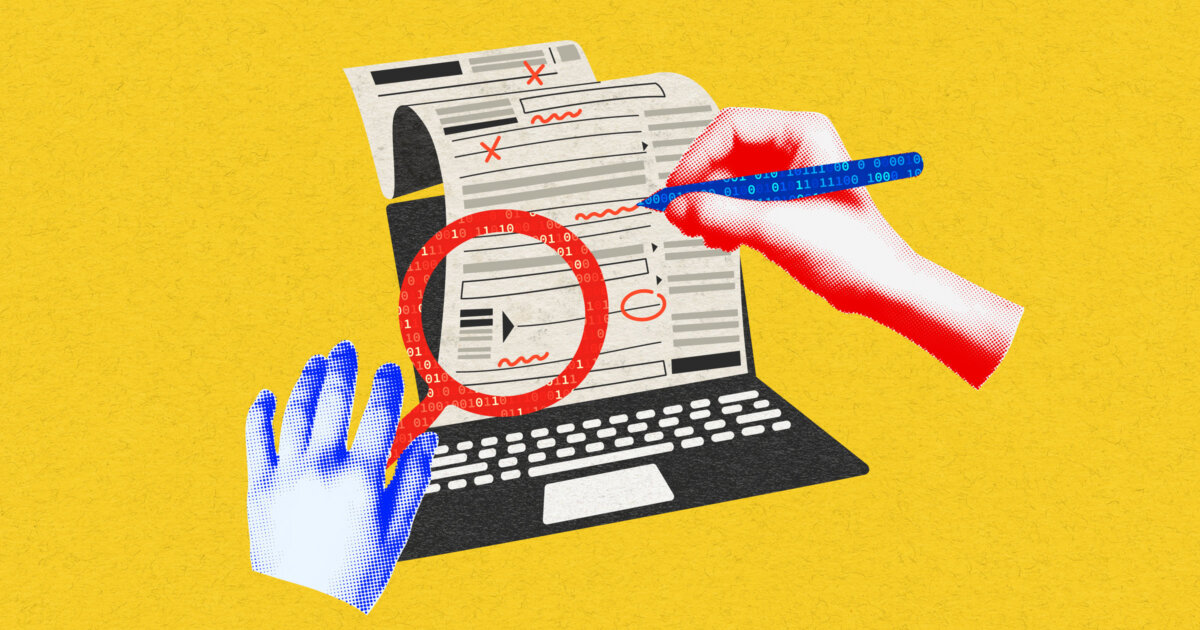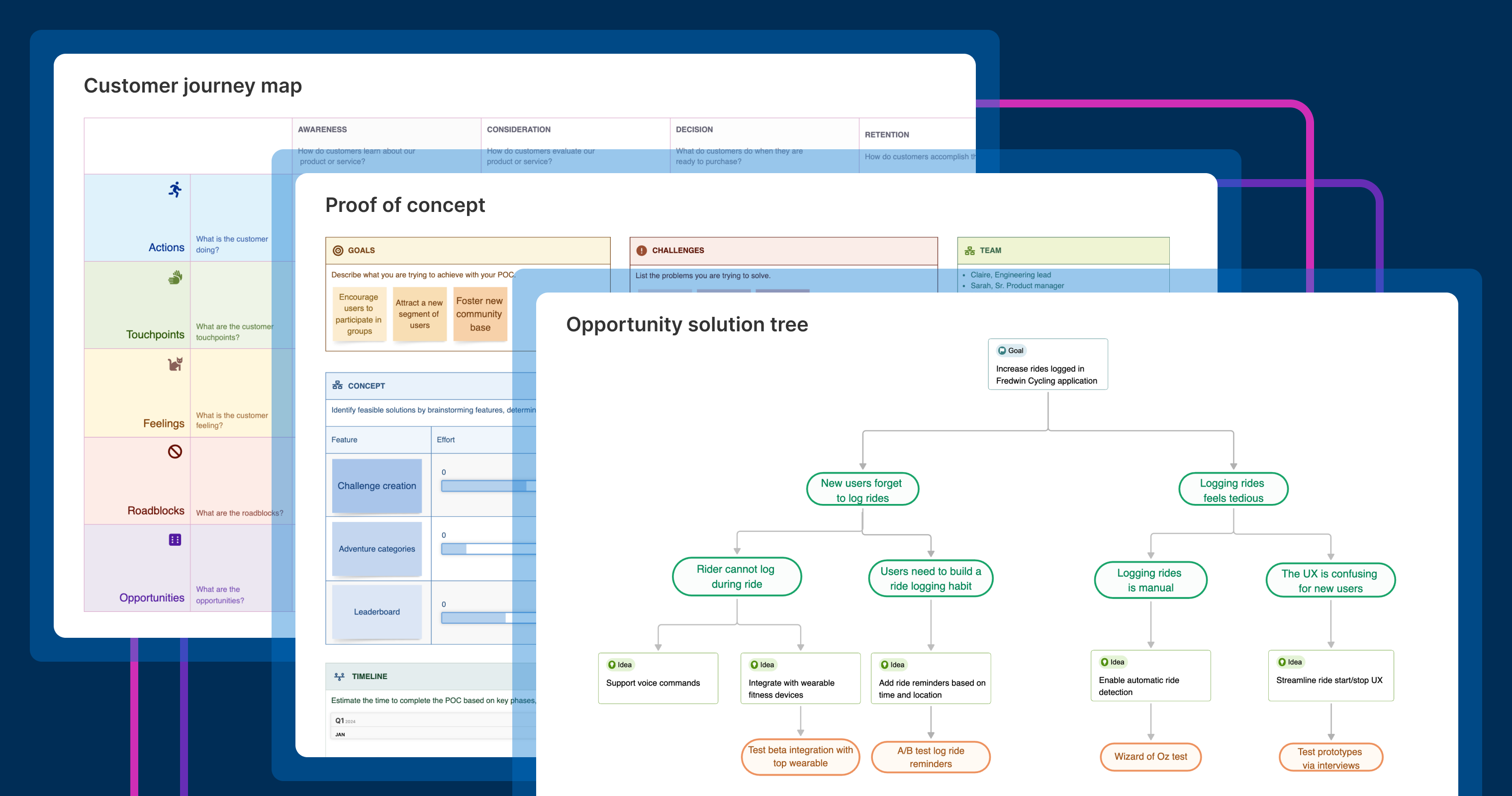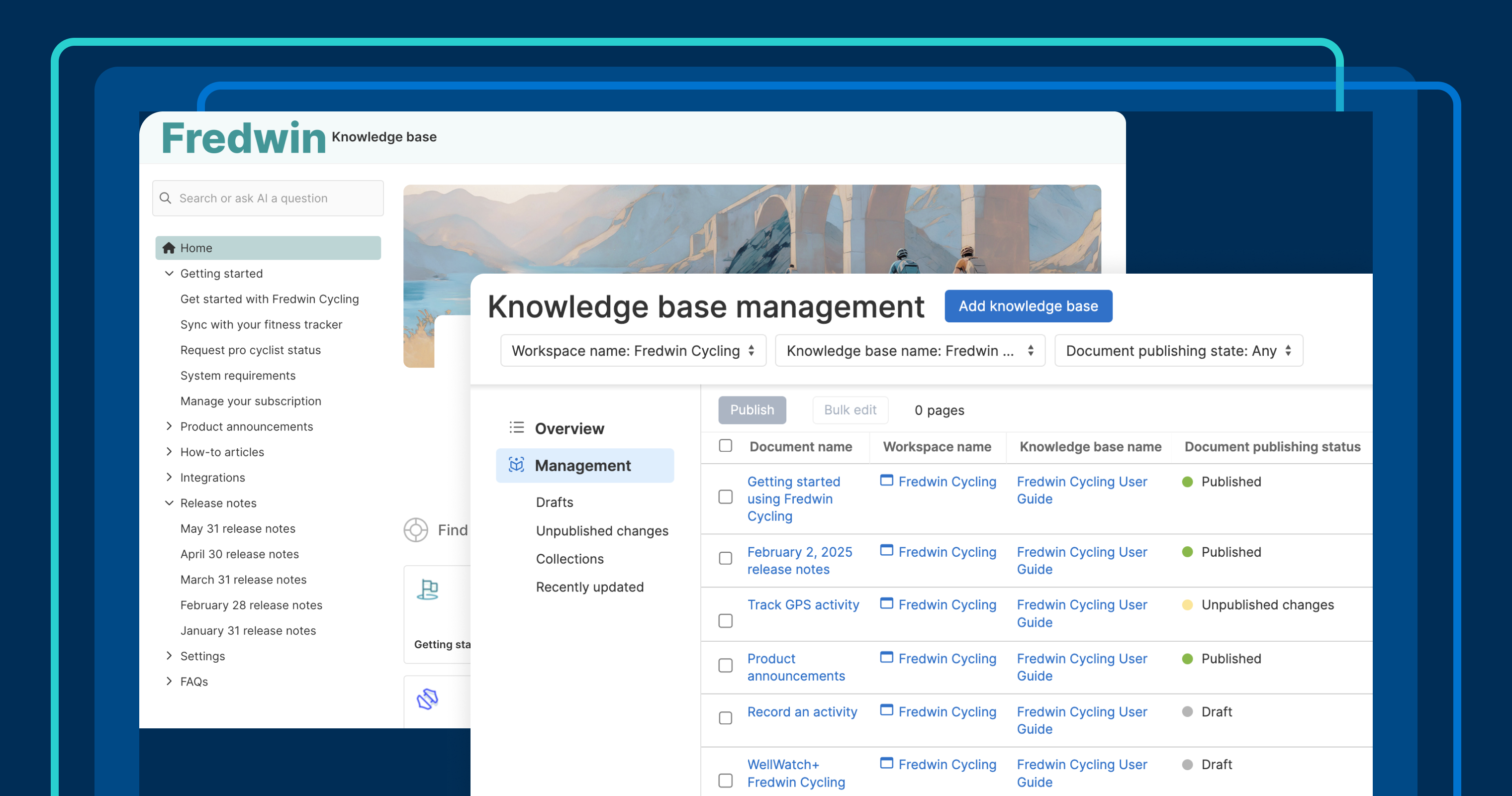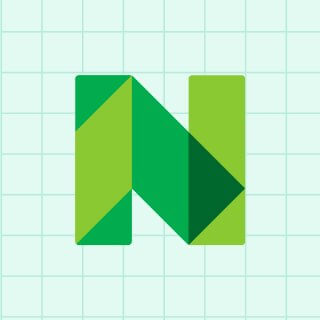A prank about Home Depot charging for parking draws social media ire amid tariff fears
Chalk it up to bad timing: Some Home Depot customers are furious after a recent April Fools’ Day prank from a tool review website suggested that the home improvement giant would start charging parking fees due to inflation. This was no laughing matter, as anxious Americans awaited President Donald Trump’s tariffs news, expecting higher prices on goods and services. Even the April 1 date didn’t register with angry viewers, not even with the tag “April Fool’s” at the article’s end. Many took to social media, some creating a Reddit thread about the supposed fees, with one duped X user even proposing #BoycottHomeDepot. Desperate for damage control, Home Depot responded on its official X account, posting, “this is an April Fools’ post from a tool review website. We do not charge for parking.” Unfortunately for Home Depot, American consumers, having temporarily misplaced their funny bone, are now particularly sensitive about retailers passing the cost of tariffs on to them. So, what exactly happened? On April 1, Pro Tool Reviews, an online product review site, published a fake news article under the headline, “Home Depot to Charge for Parking to Combat Inflation.” The article stated that the company intended to “offset increasing operational costs [to] keep prices competitive” and even included (the bogus) parking fees: “$2 for up to two hours in central Florida to $5 for a full day of parking in Los Angeles.” The next day, Pro Tool Reviews told USA Today that the article’s high viewership was “truly humbling,” indicating the traction this apparent PR nightmare had received, with editor-in-chief Kenny Koehler adding, “We hope our friends over at Home Depot were able to laugh as well.” (We’re not so sure about that, Kenny.) This isn’t the first time an April Fools’ Day joke has caused trouble. Not surprisingly, there is a long list of brands whose pranking over the years has gone awry, from Google to Volkswagen. In 2016, Google announced a new Gmail feature that it claimed would add a GIF of a yellow animated “Minion” character dropping a microphone at the end of an email. (Google later apologized.) And in 2021, the German carmaker claimed it was changing the name of its American division to “Voltswagen,” causing the VW stock to rise—as well as a great deal of confusion. The origin of April Fools’ Day dates back to 16th century France, when Charles IX decreed that the new year would no longer begin on Easter, but instead on January 1. Those who refused the change were named, you guessed it, “April fools.” Are we laughing yet?

Chalk it up to bad timing: Some Home Depot customers are furious after a recent April Fools’ Day prank from a tool review website suggested that the home improvement giant would start charging parking fees due to inflation.
This was no laughing matter, as anxious Americans awaited President Donald Trump’s tariffs news, expecting higher prices on goods and services. Even the April 1 date didn’t register with angry viewers, not even with the tag “April Fool’s” at the article’s end. Many took to social media, some creating a Reddit thread about the supposed fees, with one duped X user even proposing #BoycottHomeDepot. Desperate for damage control, Home Depot responded on its official X account, posting, “this is an April Fools’ post from a tool review website. We do not charge for parking.”
Unfortunately for Home Depot, American consumers, having temporarily misplaced their funny bone, are now particularly sensitive about retailers passing the cost of tariffs on to them.
So, what exactly happened? On April 1, Pro Tool Reviews, an online product review site, published a fake news article under the headline, “Home Depot to Charge for Parking to Combat Inflation.” The article stated that the company intended to “offset increasing operational costs [to] keep prices competitive” and even included (the bogus) parking fees: “$2 for up to two hours in central Florida to $5 for a full day of parking in Los Angeles.”
The next day, Pro Tool Reviews told USA Today that the article’s high viewership was “truly humbling,” indicating the traction this apparent PR nightmare had received, with editor-in-chief Kenny Koehler adding, “We hope our friends over at Home Depot were able to laugh as well.” (We’re not so sure about that, Kenny.)
This isn’t the first time an April Fools’ Day joke has caused trouble. Not surprisingly, there is a long list of brands whose pranking over the years has gone awry, from Google to Volkswagen. In 2016, Google announced a new Gmail feature that it claimed would add a GIF of a yellow animated “Minion” character dropping a microphone at the end of an email. (Google later apologized.) And in 2021, the German carmaker claimed it was changing the name of its American division to “Voltswagen,” causing the VW stock to rise—as well as a great deal of confusion.
The origin of April Fools’ Day dates back to 16th century France, when Charles IX decreed that the new year would no longer begin on Easter, but instead on January 1. Those who refused the change were named, you guessed it, “April fools.” Are we laughing yet?






























































































![Building A Digital PR Strategy: 10 Essential Steps for Beginners [With Examples]](https://buzzsumo.com/wp-content/uploads/2023/09/Building-A-Digital-PR-Strategy-10-Essential-Steps-for-Beginners-With-Examples-bblog-masthead.jpg)



![How One Brand Solved the Marketing Attribution Puzzle [Video]](https://contentmarketinginstitute.com/wp-content/uploads/2025/03/marketing-attribution-model-600x338.png?#)






![How to Use GA4 to Track Social Media Traffic: 6 Questions, Answers and Insights [VIDEO]](https://www.orbitmedia.com/wp-content/uploads/2023/06/ab-testing.png)































